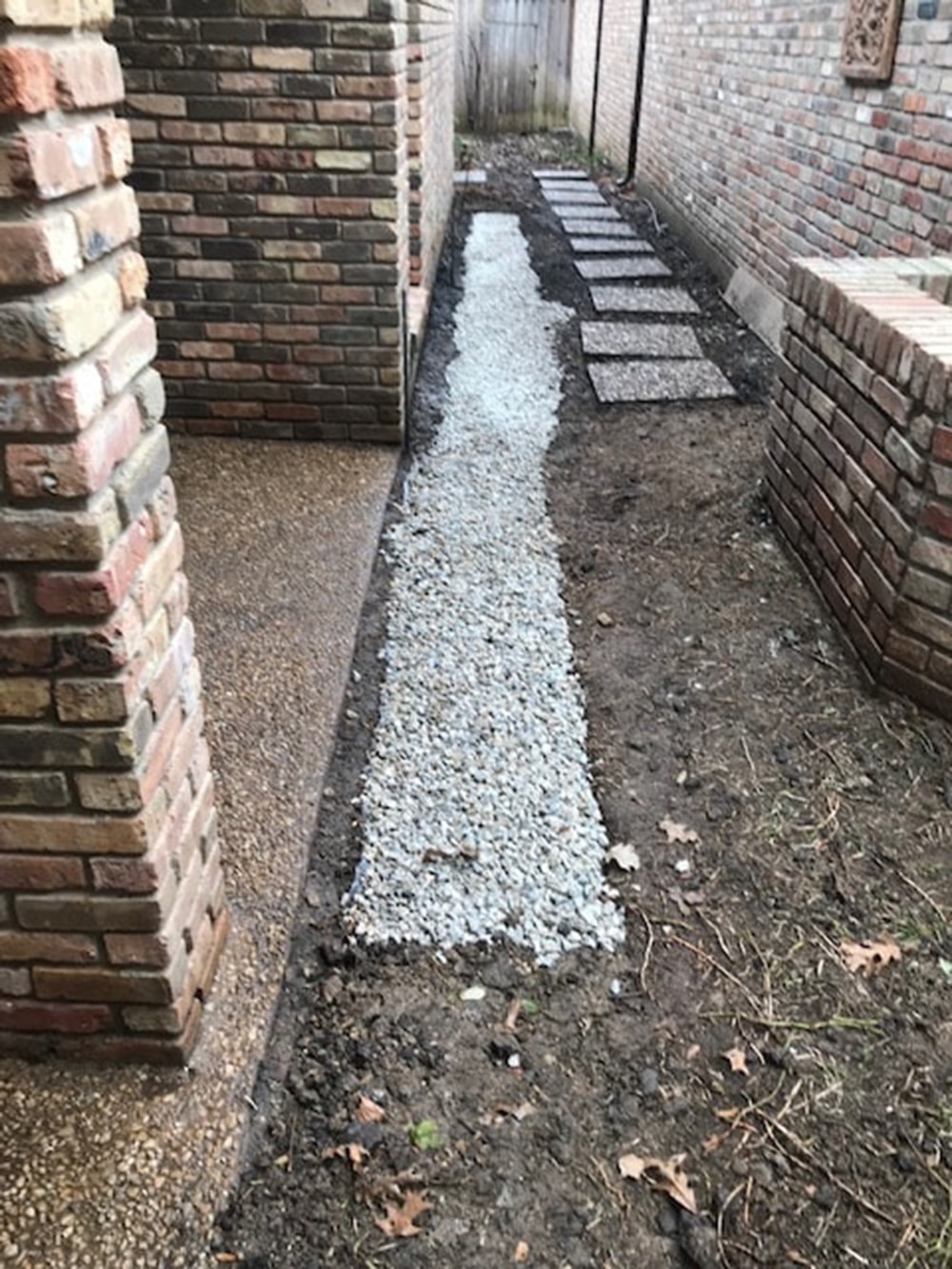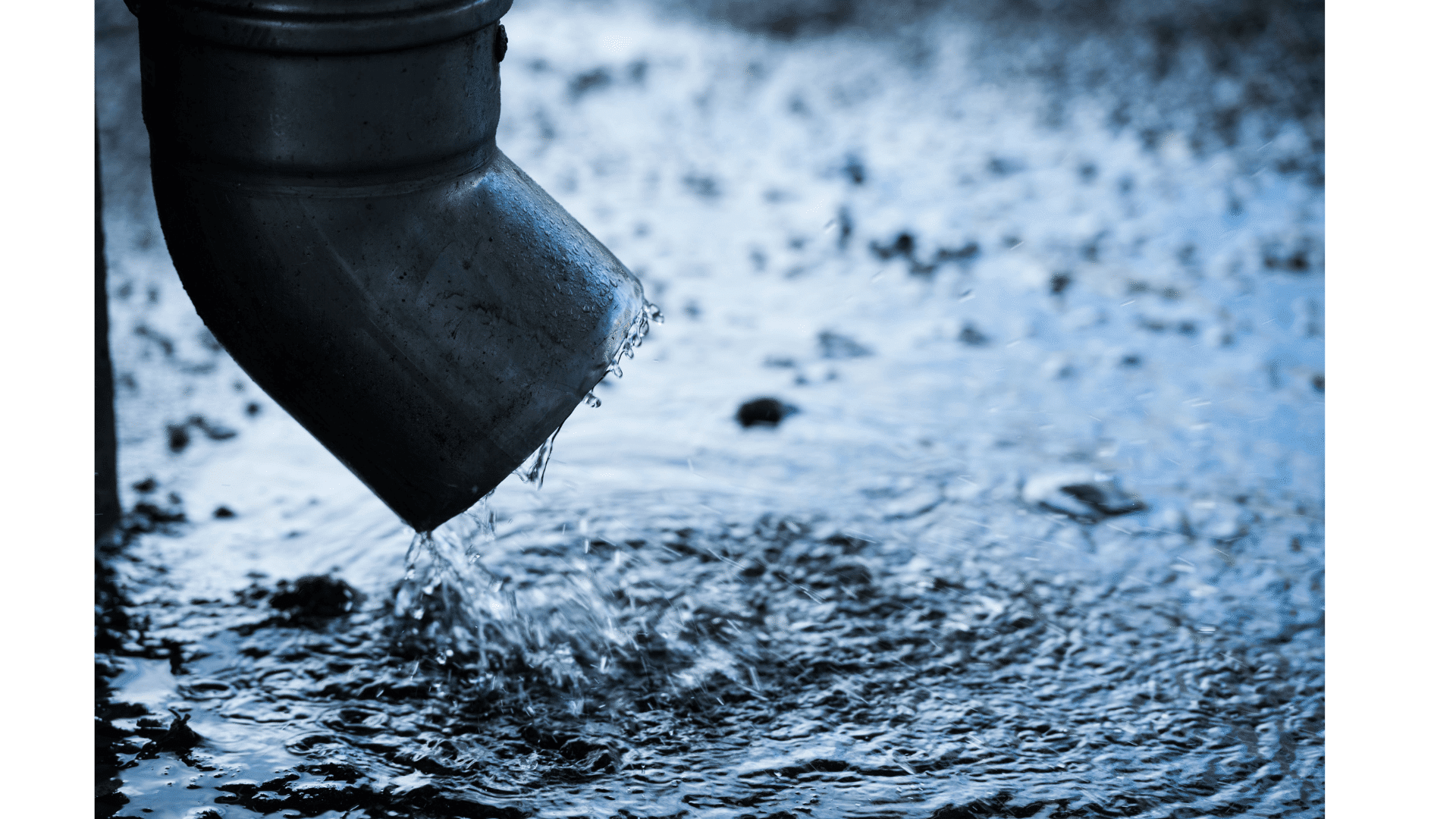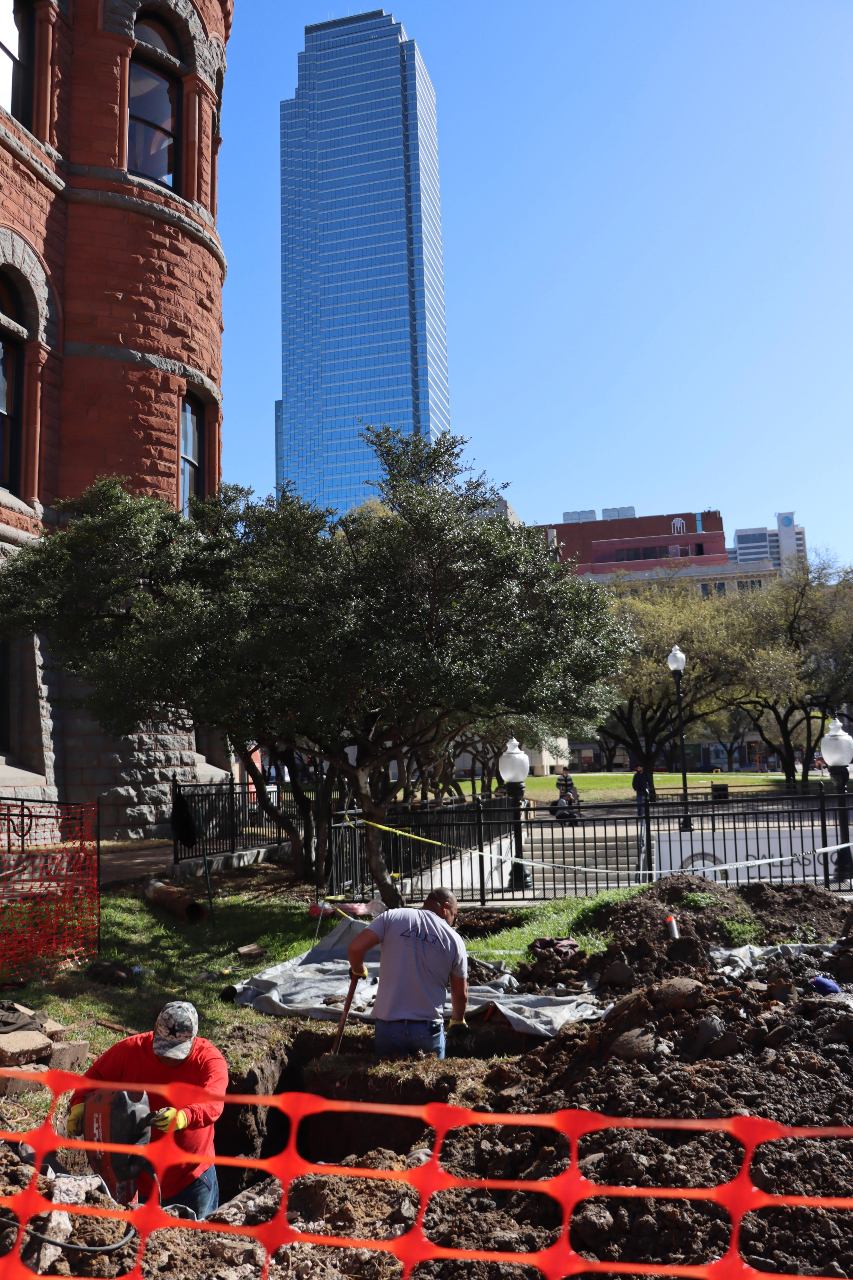More homeowners in the North Texas region are investing in French drain installation to protect their foundation from the effects of ponding water. While an effective solution, not all French drains are created equal, many homeowners find themselves asking about French Drains: corrugated vs pvc. Depending on the material and craftsmanship, some drains are prone to backups and accelerated wear. This is why pipe quality matters.
While landscapers use “non-rigid corrugated NDS pipes,” we use drainage grade PVC pipe because it is more durable and longer-lasting, especially when buried under heavy materials like soil. The corrugated pipe is cheaper but not nearly as strong. The choice is clear when considering pvc vs corrugated pipe for a french drain. At your free drainage evaluation, a technician from Align Foundation Repair can demonstrate how easily the corrugated pipe bends under pressure when compared with PVC pipe.
PVC and Corrugated Pipes at a Glance
French, channel, and surface drains typically consist of one of two materials: polyvinyl chloride (PVC) or corrugated pipes. Know which material is being used when having a drain installed on your property. We will state unequivocally right now that PVC is the far more durable material. We highly recommend it comparing corrugated or pvc for french drains. Our stance is based on years of industry expertise. We have seen how these two materials hold up under prolonged exposure to the ever-shifting North Texas weather.
The Downside of Corrugated Pipes
Many contractors still use corrugated pipes. The material is cheaper, so homeowners save money in the initial installation. The issue with corrugated pipes is that it’s made of plastic. This is beneficial in one sense because the softer material makes it easier for producing joints, bends, and crests.
The problem is that these pipes are notoriously difficult to clean if a backup occurs. You cannot simply use an auger or plumbing snake to clear the debris because the rotating brush can easily tear through the thin plastic pipe.
PVC Pipes Provide Long-Lasting Durability
A PVC drainage pipe solves the main issue associated with corrugated pipes. PVC is a rigid structure made from synthetic plastic polymer. It will not rupture if exposed to a commercial-strength roto-rooter-type snake. This makes regular maintenance far simpler and more importantly, doable.
Furthermore, the pipe’s smooth interior surface reduces fluid friction and resistance to flow. This offsets sludge and slime build-up and reduces encrustation and tuberculation.
Contractors also prefer to work with a PVC French drain pipe. Despite its tough surface, it can easily be cut with a conventional handsaw. It’s also easier to set the pipes at the proper slope and keep it in place.
We Install High-Quality French Drains
The weather and soil conditions in the Northern Texas region make water too much of a risk factor for residential foundations. This is why French drains are an integral element for foundation longevity. While corrugated pipes have their place in some applications, PVC is the sound solution for a French pipe installation. At Align Foundation Repair, this is our go-to material for underground drainage systems.
Give us a call today for French drain PVC pipe repair and other services.




